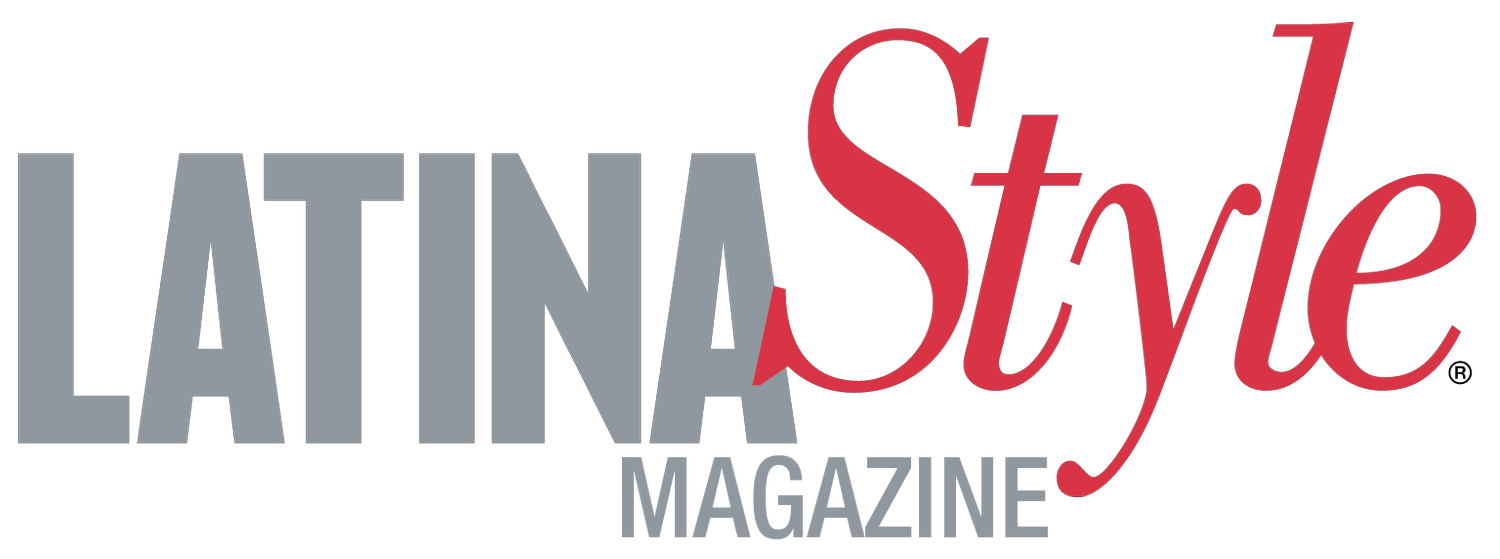An American Immigrant
It’s one thing to have to explain yourself to strangers every once in a while. But when you have to do it at home and for concepts you don’t even feel are very significant, it can quickly cause you to become reluctant to bring your parents into your world.
This idea inspired the novel I wrote, An American Immigrant. In the book, a young Colombian-American journalist is on the verge of losing her dream job. But one of her biggest struggles—and one that will prove to have many answers to her problems—is that she’s lived her entire life trying to push away a major part of her identity that she’s never connected with: her heritage.
The funny thing is, like the protagonist in my book, I didn’t realize how the most difficult part of my upbringing (growing up with parents who were raised in a different country) became the catalyst for what I believe are the best character traits my siblings and I share: independence and fortitude.
When I was really young, my parents each worked multiple jobs. As we got older, moved out of New York City, and my parents found better paying jobs, they were able to slowly climb into the middle class.
Despite having both parents around more often, by that point in our lives, my siblings and I already knew the value of hard work, independence, and self-sufficiency. We knew what was expected of us (that they made very clear) and each of us accomplished those requirements in our own way.
By the time we turned 15, they encouraged us to find a part-time job so we could pay for things we wanted. And once we’d moved out on our own, whether to go to college or our own apartment, none of us called home to find out how to do a load of laundry or fry an egg. These were skills we’d learned years before.
I wish I’d known then what a true gift it was to be raised by people who pushed us to be self-sufficient. Instead, I spent my time lamenting not having “normal” parents. But what would my life look like today if I’d been raised by “normal” parents? It’s hard to say, but what I do know is that my parent’s experience as immigrants shaped so much about me.
Unbeknownst to my parents, they launched my siblings and I into a world they were completely unfamiliar with, armed with every tool we would need to find our own version of success. And that is about the best gift any parent can give their child.
Johanna Rojas Vann is a professional writer whose work can be found online and within numerous publications. She is a second-generation Colombian American, with dual citizenship, and lives with her husband and children in Nashville, Tennessee.
By Johanna Rojas Vann
I am the daughter of two Colombian immigrants.
When my parents were in their 20s, they crossed the US-Mexico border into this country. They met as undocumented immigrants in New York City, married once my dad secured citizenship, and had three kids together—we’re each two years apart.
For much of my youth, I resented that my parents weren’t “American.” I felt like my life was harder because my parent’s native tongue wasn’t English. They didn’t get the things I obsessed over, they didn’t have a ton of money like my friend’s parents did, and they couldn’t help me with things like college applications, essays for scholarships, or job interviews.
Don’t get me wrong, they would have tried to help if I asked because they were always generous with their time and attention. It simply felt easier to get it done on my own because asking for help often required a long period of explanations. This time spent untangling foreign concepts to one’s parents is something I didn’t realize was a reality for a lot of children of immigrants.




